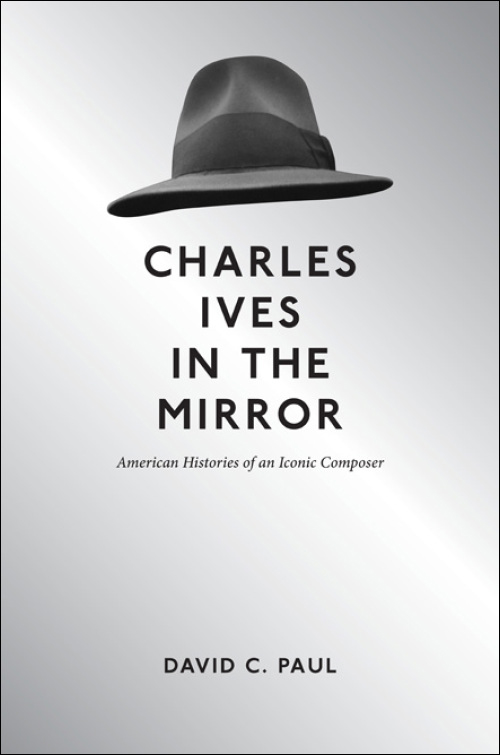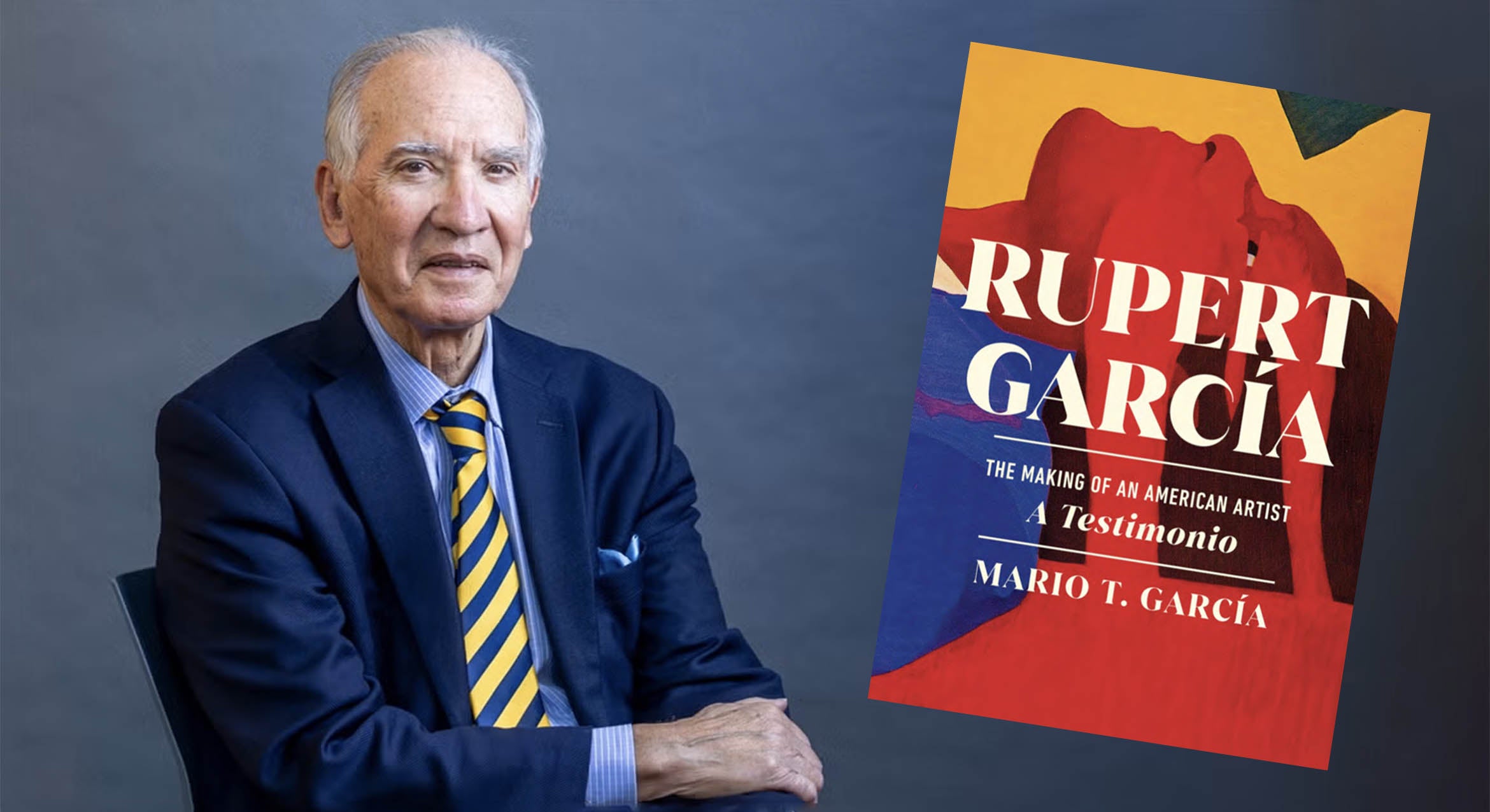

With growing immigrant populations, industrialization, and colonial ventures changing the country, America in the late 19th and early 20th centuries was bustling and chaotic. Composer Charles Ives gave voice to these dramatic transformations, creating pieces in which traditional classical music and musical Americana collide. In his new book, "Charles Ives in the Mirror" (University of Illinois Press, 2013), David Paul, assistant professor at UC Santa Barbara, describes Ives's music as "full of familiar tunes that have been radically distorted," and "often haunting and dissonant."
"Although Ives's music has always fascinated me, I find the stories Americans have told about the composer equally engaging," said Paul. "Writing this book, allowed me to explore how Americans talk about themselves." The book details how Ives and his music have figured in shifting discourses about American identity, from the beginning of the 20th century to the beginning of the 21st century.
Ives, who was born in 1874, became iconic during the early Cold War period, when his music and biography were part of the American campaign for hearts and minds. Proponents such as Leonard Bernstein, who toured the Soviet Union and Eastern Europe with the New York Philharmonic, made Ives out to be the archetypal American individualist, a man whose venturesome music was a testament to the cultural vitality made possible by free, capitalist society.
"Ives, you see, pursued composition as a hobby, on evenings and weekends," said Paul. "He was actually a wealthy insurance executive."
By contrast, in the1970's, as the New Left came into its ascendancy, Ives scholars reimagined him as a tragic figure who had not been free at all. Instead, Ives was perceived as a prisoner of American culture. "For these scholars, Ives's decision not to pursue a career in music, despite an extensive musical education, was influenced by attitudes towards arts at the time," Paul explained. "Music, like the other arts, was construed as primarily the domain of women. Business, by contrast was ‘man's work.'
So Ives was actually a conformist."
In other words, Ives's persona was as contradictory as his music. What Ivesians emphasized reflected their own convictions about American culture. Paul's book explores these convictions and the social contexts in which they have arisen.
Ives and his music continue to resonate to this day.
A video game aficionado, Paul recently discovered Ives-inspired music in the critically acclaimed video game "Bioshock Infinite" about an American dystopia. "Unfortunately for me," Paul said, "I made this discovery just after receiving the first copy of my book!"



